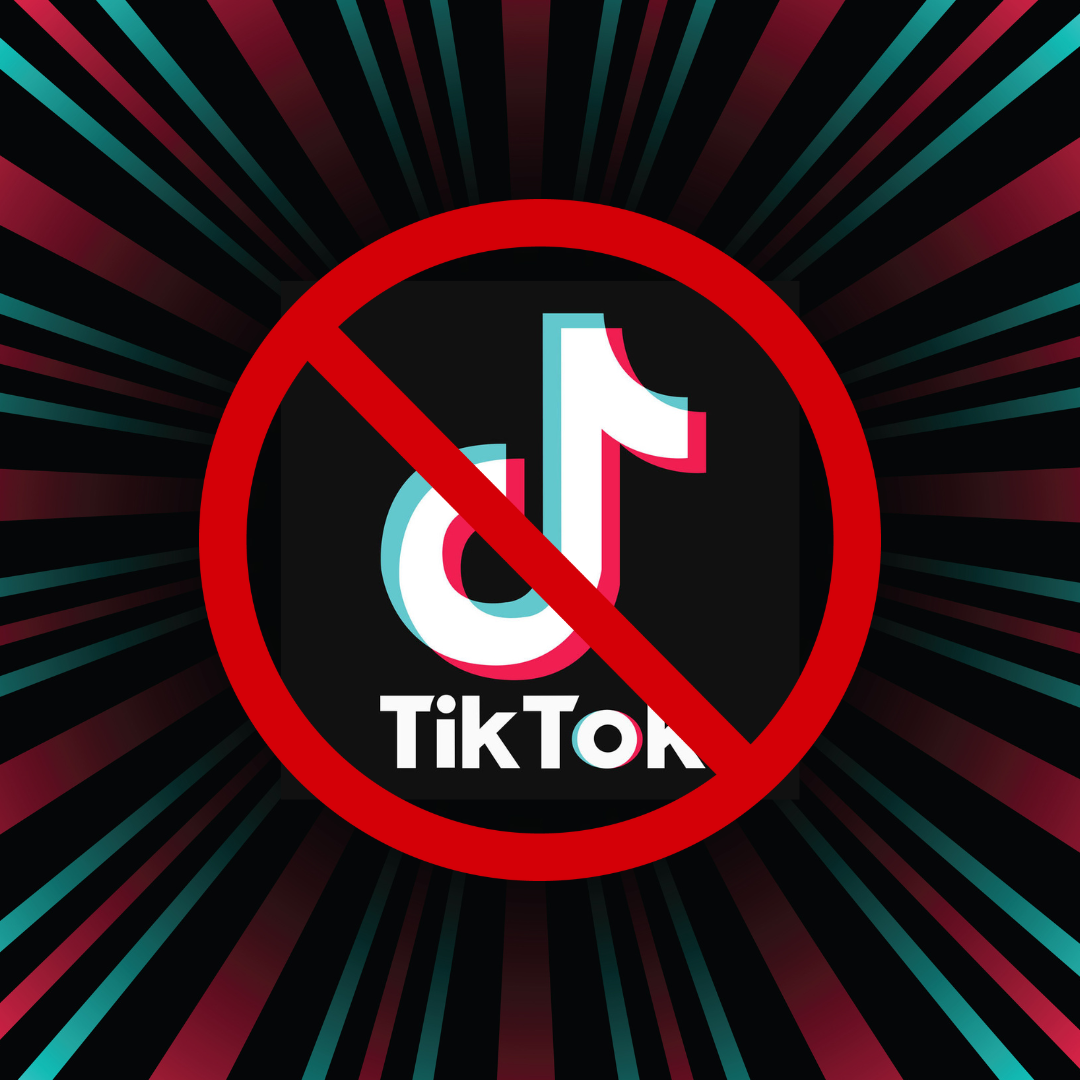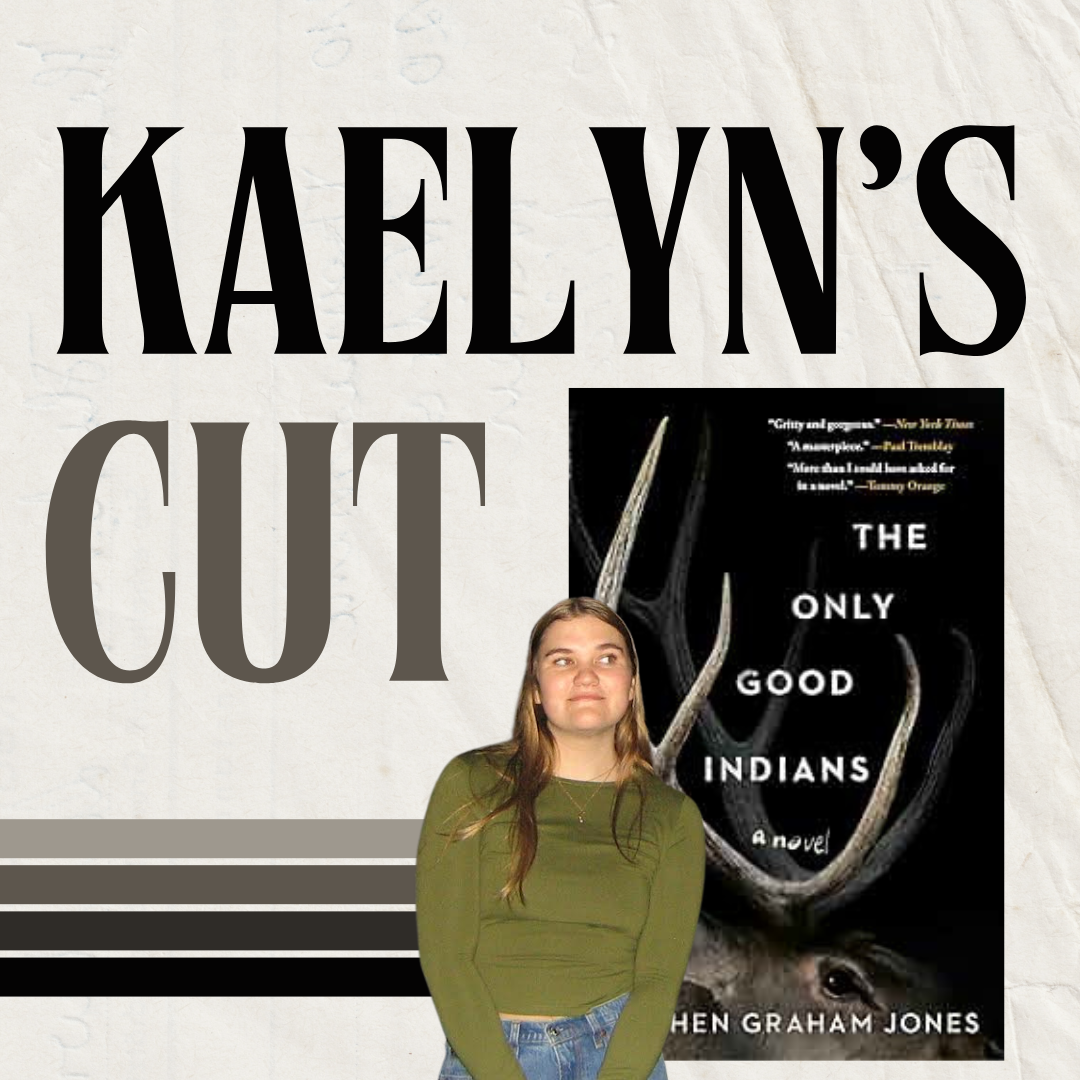TikTok, a wildly popular social media app, has been surfacing in many headlines recently due to the U.S. government targeting the dancing app, supposedly to protect national security. While TikTok hasn’t officially been banned within the country yet, we are left to wonder if the bill is truly meant to protect Americans or silence them.
On April 24, 2024, President Joe Biden signed a bill “banning” the app after it passed through both the House of Representatives and the Senate, which will go into effect in late January 2025. The bill adds an exception for the ban, saying it will not go into effect if TikTok owner, ByteDance, sells the app to an American business owner within the time frame, which owner Zhang Yiming has publicly stated that he will not.
The following day, TikTok CEO, Shou Zi Chew, and many interest groups around the country publicly stated that they would be taking this law to the national courts on the basis of the First Amendment.
The New York Times (NYT) wrote, “… a forced sale could violate its users’ free speech rights because a new owner could change the app’s content policies and reshape what users are able to freely share on the platform.”
One of the reasons Congress supports this bill is the possibility of the app threatening national security, which they believe to be most dangerous for “susceptible” teenagers and children. They fear the Chinese owner and Singaporean CEO will be forced to hand over compromising information about its U.S. users to the Chinese government (AP News).
But, is this as big of a threat as they believe it to be? Chew testified in Congress, claiming that they would improve security on the app precisely for this concern, specifically for U.S. teenagers and children. So, why is it such a pressing topic in Congress?
Representatives in Congress have, for the first time in years, come together swiftly to get this bill passed. We believe the issue has less to do with national security, and more to do with our country’s inability to monitor and control the app’s content. As TikTok continues to expand, the app has been a major outlet to spread information rapidly while allowing Americans to speak freely without their content being restricted or shadowbanned, partially blocking or fully blocking a user’s content without the user’s knowledge.
A striking example would be the wars in the Middle East, specifically the Israel-Hamas war. As the U.S. government continues to send financial aid to Israel, many people have spoken out about their disagreement with America supporting the conflict on the app.
The hashtag “FreePalestine” has millions of views with thousands of people voicing their support for the civilians in Gaza and the West Bank suffering during this ongoing conflict. The app has also shown to be a great source for many to organize protests and coordinate fundraisers for families trying to cross Palestine’s borders/find safety. Conversely, many other social media apps, owned by U.S. companies, continue to restrict and suspend political content (NPR).
One of the other arguments Congress used was the idea of the spread of misinformation that TikTok could promote, but we can also see this happening on other social media apps, including American-owned ones like Facebook, Instagram and Snapchat. It is widely known that if you don’t have a trusted source, the media you are seeing can be fake anywhere.
TikTok helps educate people, not just about the world and conflicts around them but by promoting small businesses, schoolwork, and current events. Scrolling through TikTok, you can find teachers helping students with math, geography, science, etc. Along with thousands of businesses that rely on the app to keep a steady income. Some information may be fake, but there is an excess of good to outweigh the bad.
Instead of seeing the app as a whole, the government seems to be honing in on the parts that seem to impact them most directly, and not the good that surfaces from TikTok. In reality, is this ban really a question of national security, or one of controlling the spread of “sensitive” information?











